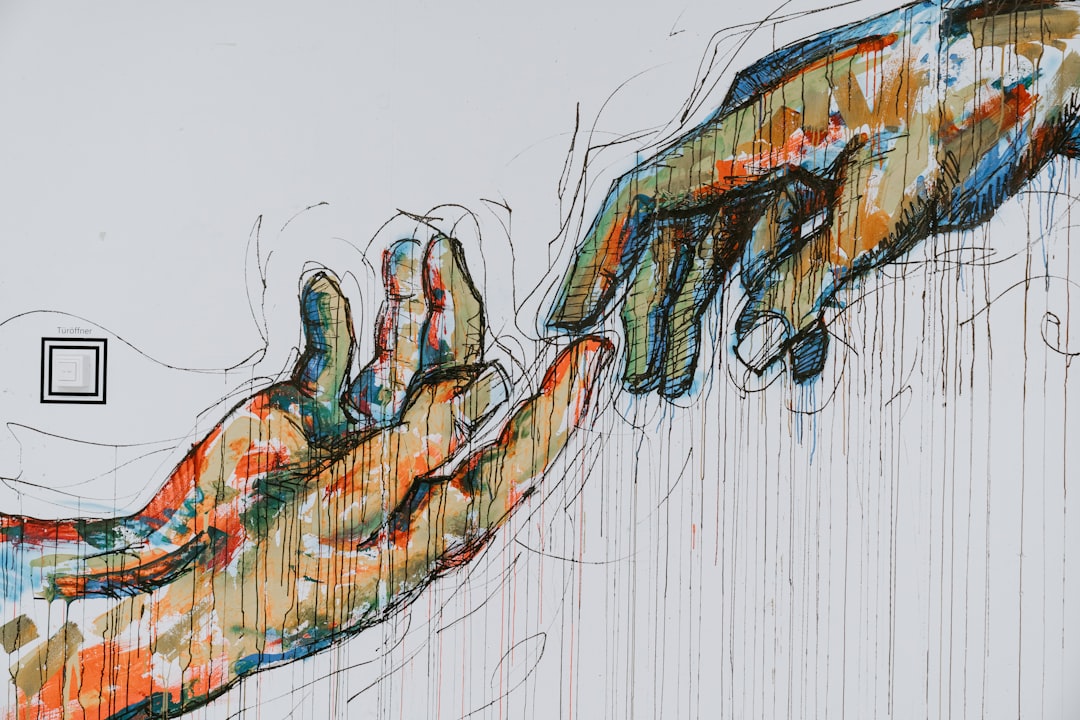What is it about?
Women experiencing greater trochanteric pain syndrome (GTPS) report high levels of pain and reduced quality of life. Exploring how they manage GTPS in a daily life context can provide important knowledge about individual coping strategies. Education, extracorporeal shockwave therapy (ESWT) and exercise have good group level evidence for efficacy in clinical trials and are increasingly used in routine care for patients with GTPS. Exploring women’s experiences of such treatment may help understand the mechanisms underpinning these positive results and inform treatment strategies. We therefore aimed to explore how women with GTPS experience and manage their daily life, and their experience of the combined treatment of education, ESWT and exercises.
Featured Image

Photo by julien Tromeur on Unsplash
Why is it important?
Exploration of how women with greater trochanteric pain syndrome experienced and managed daily hip pain, and how they experienced and adapted to treatment are important novel findings that will inform clinical practice. This new knowledge may be used to inform an individualized patient education, treatment and evaluation strategy for women with the painful and debilitating condition of GTPS.
Perspectives
Our findings suggest that women with GTPS prefer, and possibly learn and respond best, to an individualized intervention. Exercise and education on how to reduce load in relation to the hip have demonstrated to be effective in two RCTs [10, 18], however women in our study emphasized the value of ESWT and their relationship with the physiotherapists as well. Further, it was demonstrated by the quotes of the women that an individualized approach to the prescribed exercises, as well as the number exercise sessions, ESWTs and maybe even assessments at the hospital should be negotiable in relation to their individual needs. An individualized approach seems necessary to accommodate the needs and options for each woman as there was not one clear approach suggested as optimal to manage the condition.
Jens Erik Jorgensen
Read the Original
This page is a summary of: “I feel I have been taken seriously” Women’s experience of greater trochanteric pain syndrome treatment—A nested qualitative study, PLoS ONE, November 2022, PLOS,
DOI: 10.1371/journal.pone.0278197.
You can read the full text:
Contributors
The following have contributed to this page










